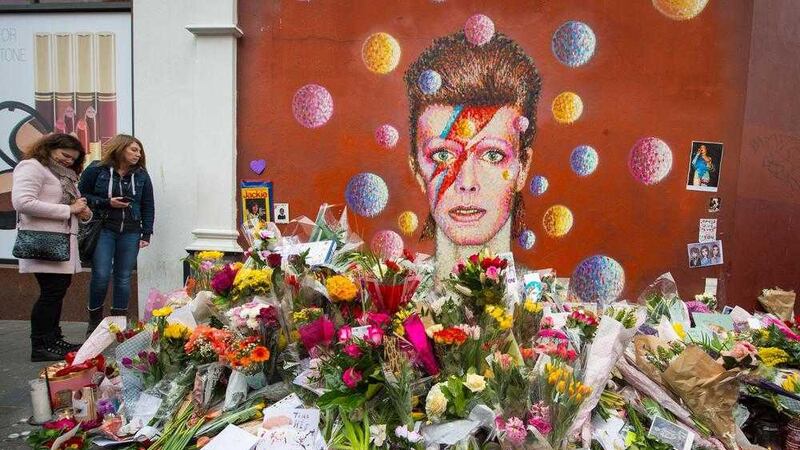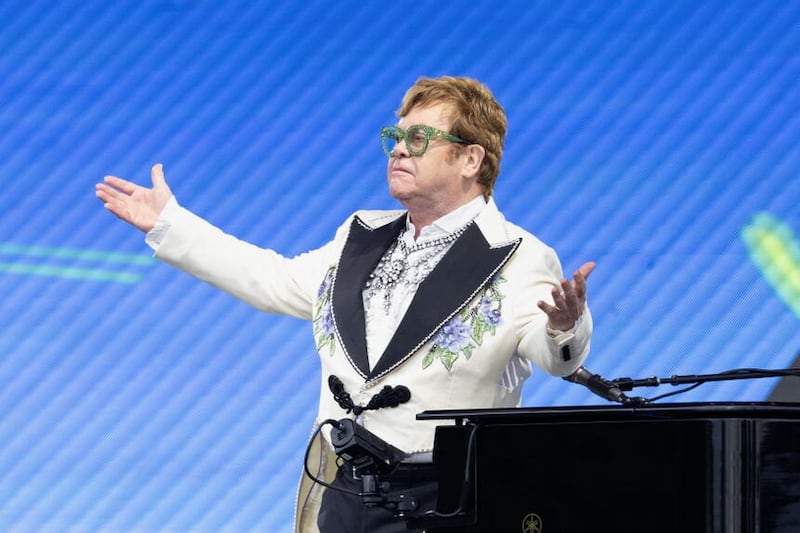OFTEN, as a psychologist, people turn to me for advice or intervention when something seems to be going wrong in their life and/or the life of a loved one.
As a result, when writing an article for this column, the focus is usually on trying to provide guidance and information to prevent psychological harm befalling someone or to help people living in an already difficult situation.
However, sometimes in life I find myself being struck by overwhelming positive feelings in reaction to a major event, and for once I have decided to write something about it.
The recent passing of David Bowie seems to have evoked an incredible outpouring from all around the world, as evidenced in pop-up shrines in London and New York, the swift organisation of several tribute concerts and personal tributes on all forms of social media.
I never met the man, have only a passing knowledge of his music and never went to see him live (although on a recent night out with a brother of mine we agreed in the wee small hours that Modern Love was one of the best pop songs ever recorded).
But even at this remove, the impact he has had on people is amazing, and due to the technological advances in music-streaming services and bluetooth devices, I have enjoyed listening to his five decades of music on car journeys from Cavan to Dublin and back in recent days.
We all need our heroes, musical and otherwise, and while most of us will never get to meet a hero, it can feel as if we know them to degree, and may live vicariously through them, and their triumphs and troubles. Perhaps the attraction of someone like David Bowie was that he had a touch of the everyman about him (not withstanding his song-writing and musical talent, and a gift for artistic reinvention).
Yet he packed so much living into his 69 years, including two marriages, two children and a stepchild, a colourful approach to sexuality, struggles with drugs and alcohol, successful forays into movies and art, and some-generation defining musical moments as well as the odd commercial flop along the way.
As if to pre-empt his death, his critically acclaimed last album was released just before he died. He was never afraid to be his own man, buck musical and other trends, and be comfortable as the outsider looking in at the rest of society. What strikes me most in watching and rewatching television interviews, is how likeable and down to earth he seemed, especially in more recent years.
We have started 2016 in all too predictable style – winter storms have brought us the big flood and then the big freeze, there is some unease about the global financial markets once again and fears abound internationally about an increasing number of terrorist incidents and concerns about people fleeing war-torn regions in search of a safer life.
In this context, David Bowie’s passing represents an important and timely two-fold message: firstly to remind us all to try to make the most of the life we have here, including the challenges, fears and setbacks (the Precious Time that our own Van Morrison talks about).
And secondly, remembering the importance of grieving well for those who have passed, the acknowledgement and celebration of a life fully lived, and a musical legacy for this and future generations to savour and enjoy.
:: Dr Paul Gaffney is a senior clinical psychologist. His book, On the ball? How Football Can Help Your Mental Health is available now in bookshops.








